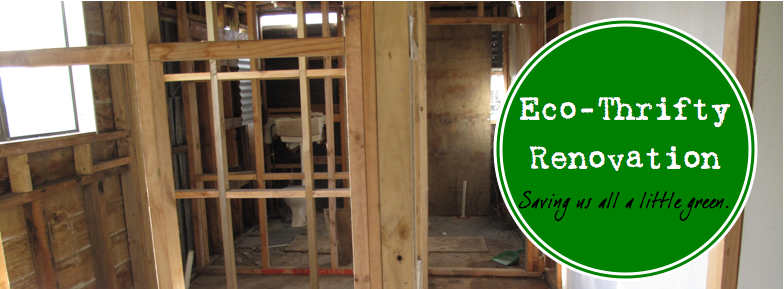The sun is amazing. It provides the energy for plants to
grow. It provides a comfortable temperature for life on earth. It provides the
energy to heat our home and to heat our water directly with its rays, and
indirectly with the wood we burn in our Shacklock 501.
Rays from the sun and the energy from plants are referred to
as ‘current sunlight’ energy. This term is used in contrast with ‘ancient
sunlight’ energy, which refers to fossil fuels that formed from plants that
lived (and got their energy from the sun) millions of years ago. Ancient
sunlight energy includes oil, coal and natural gas.
Current sunlight includes our daily sunshine along with
firewood, food, animal fodder, methane from anaerobic decomposition, etc.
Current refers to a human time scale while ancient refers to a geological time
scale. Current sunlight energy is generally considered renewable while ancient
sunlight is non-renewable.
At our home in Castlecliff, on occasion, the sun also cooks
our tea. I consider the solar cooker I bought in India six years ago (for about
$NZ 120) one of my most valuable possessions. It traveled from India to the
States with me, and from the States to here. (It was manufactured in Thailand.)
By my calculations, it has nearly circumnavigated the globe.
Over the last half-decade, we have cooked nearly everything
on our solar cooker: potatoes, kumara, pumpkin, rice, pasta, veges, cheese
burgers, bacon, apple crumble, pizza, banana cake, sausages, and on one
occasion, a leg of goat.
True story: One Sunday afternoon last October a goat leg was
hung from our front door knob in a plastic shopping bag. We were out the back
at the time, but we had no idea who left it. I asked our neighbours if they saw
anyone drop by. One of them said, “A green van pulled up and a guy said, ‘Is
this where Nelson lives?’.” That was the only clue we had until about six weeks
later when a friend of a friend said to me at the Saturday market, “How’d you
like the goat?”
Truth be told, it was good, even though we had never cooked
goat before. Our only experience with goats before that was composting one that
we found at the Castlecliff beach next to the swimming area. But that is
another story. We asked around for advice on cooking goat and the best we got
was “slowly.” As it turned out, four hours in a roasting pan on the solar
cooker with olive oil, garlic, rosemary, spuds, onions and carrots was about
perfect. Highly recommended.
Our solar cooker also serves as a valuable educational tool.
While it is unrealistic to expect very many families in Wanganui to take up
solar cooking, by dramatically demonstrating the power of the sun in this way,
it opens up conversations about other uses of solar power like space heating,
water heating, and electricity generation.
Children are especially interested in the solar cooker when
it is full of sausages for them to eat. Last year I was able to visit some
Wanganui schools for a Solar Sausage Sizzle with funding provided through the
Sustainable Whanganui Trust’s Sustainable Schools Programme funded by the
Wanganui District Council.
This year I have a limited amount of funding to do
the same, so I would like to offer a contest for two primary classrooms and one
intermediate classroom. Children should draw a picture of a solar home and
label the important bits. The three winning entries will receive a lunchtime
sausage sizzle during term 4. Post entries to The ECO School, 10 Arawa Place,
Castlecliff, 4501. Entries close 29th October.
Peace, Estwing




I'd love one of these - our kitchen has been reduced (due to renovations) to a toast oven and a microwave (which I refuse to cook in - it heats up the odd left overs and cups of tea gone cold when necessary) and a slow cooker. In a fit of bad planning, the barbecue is still a pile of odd bricks too. This looks like a fun way to cook too - I think even my teens would approve of cooking on one of these :)
ReplyDeleteviv in dunedin
Hi Viv,
DeleteWhen we moved in we had one electric plug in the whole house. Our 'kitchen' was an electric fry pan. The solar cooker sure came in handy then!
Peace, Estwing